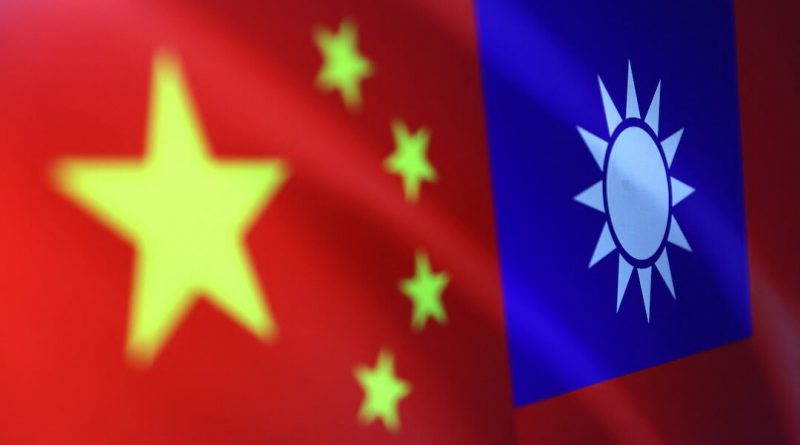China Criticizes Japan’s Remarks on Taiwan as Tensions Rise
Hong Kong – China has voiced strong concern over recent comments made by Japan’s leadership regarding Taiwan, describing the statements as a serious and unexpected signal that could escalate regional tensions.
The remarks have triggered renewed friction between the two Asian neighbors, adding pressure to already sensitive diplomatic, economic, and security ties.
According to an official statement released by China’s Foreign Ministry, Foreign Minister Wang Yi said Japan had crossed a clear political boundary by suggesting the possibility of a military response in the event of a conflict involving Taiwan.
He emphasized that the issue touched on China’s core interests and should not be approached in a manner that disrupts stability or mutual respect in the region.
The tensions originated earlier this month when Japan’s Prime Minister Sanae Takaichi responded to a parliamentary question involving hypothetical conflict scenarios.
Her comments suggested that an armed confrontation involving Taiwan could potentially activate Japan’s security commitments, sparking swift criticism from Beijing.
Japan maintains that its position remains consistent with its long-standing dedication to peace and regional security.
Officials reiterated that Tokyo has no intention of provoking conflict but believes in clearly communicating its stance to protect its national interests and uphold international norms.
China, however, says the statements amount to political interference in what it considers an internal matter.
Beijing views Taiwan as part of its territory and has repeatedly stated that it will not rule out the use of force, though it insists any action would be for the purpose of national reunification.
Taiwan’s government responded to recent diplomatic developments by condemning a letter sent by China to the United Nations.
Taipei argued that the communication contained inaccurate claims, misrepresented historical facts, and violated principles outlined in the UN Charter concerning the use of force in international relations.
Japan’s foreign ministry dismissed China’s objections and stressed that Japan’s guiding principles remain firmly rooted in maintaining peace and safeguarding stability across East Asia.
Officials said the country would continue striving for open dialogue while also defending values important to its people and constitution.
Prime Minister Takaichi, speaking during a visit to South Africa for the G20 leaders’ summit, avoided direct reference to the dispute.
She said Japan does not intend to close doors to diplomatic engagement and believes in expressing necessary positions in a clear and respectful manner.
China responded by warning that it would take firm measures to defend its sovereignty and ensure its territorial integrity.
Officials added that any further actions by Japan could prompt the international community to revisit past events and remain alert to potential risks surrounding militarization in the region.
Trade relations, which remain a critical part of the China-Japan relationship, have also entered the conversation as tensions continue.
China is among Japan’s most significant export destinations, importing industrial equipment, semiconductors, automobiles, and other goods crucial to both countries’ economic ties.
The diplomatic strain arrives at a time when regional security dynamics are evolving rapidly, and international observers are closely monitoring developments.
Both countries face pressure from global partners to maintain a stable environment while managing long-standing political differences.
Despite heated exchanges, both sides have signaled that dialogue remains possible.
Analysts note that a return to constructive communication will be essential to prevent further escalation and to protect economic and geopolitical stability in East Asia.
The situation continues to unfold as each government balances domestic expectations with international responsibilities.
For now, the region watches closely as China, Japan, and Taiwan navigate a complex moment shaped by political signaling, diplomatic pressure, and questions of sovereignty.



